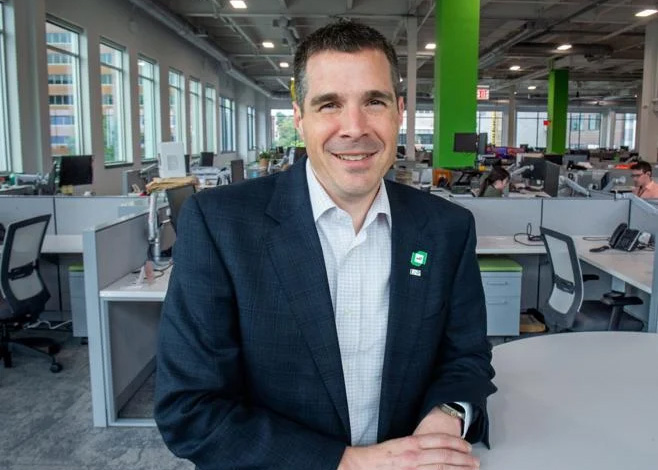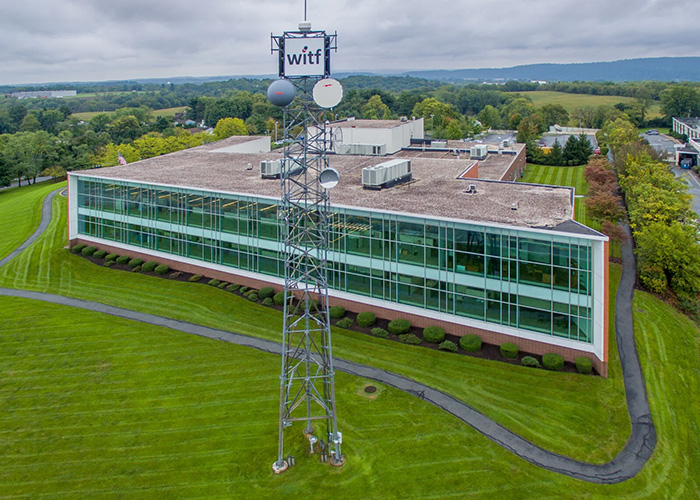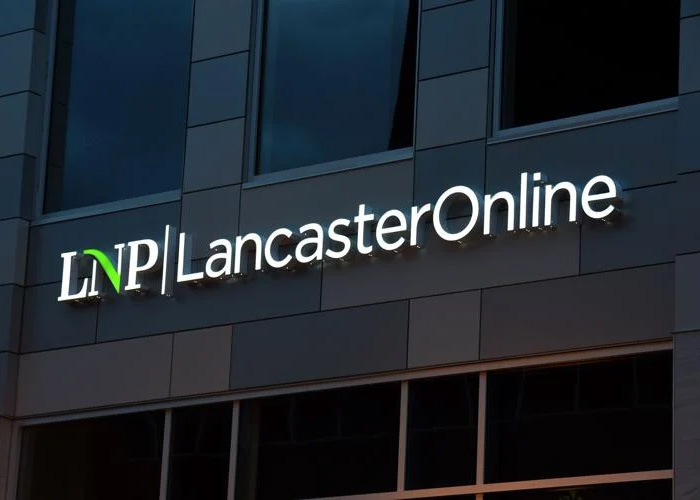Journalism is a cornerstone of democracy for a reason — because, as our nation’s founders recognized, it is a critical means of informing the public, particularly about the workings of government. Serving this role in society explains why the same moments in history that witnessed the rise of fascism also witnessed a direct attack on media, journalists and the freedom of the press.
But who is in control of the narrative? Who is involved in shaping that narrative?
The reporters who must put aside their own opinions and fairly, accurately and thoroughly report the facts? The editors who fact-check the reporting and ensure that ethical standards were met, while dealing with deadline pressures, sometimes-angry elected officials and occasionally dismayed readers? The publisher who is worried about the advertisers? What role does the overall fear of retribution from a distrustful public play?
The traditional landscape has positioned journalists as arbiters of truth, dictating what information is being disseminated and how it’s framed — a landscape that has at times failed to acknowledge the power and autonomy of the communities being served. It is essential to reset the relationship with the communities we serve. As local journalism faces financial challenges, declining trust and shrinking audience engagement, the need for active community participation is front and center
Erosion of local journalism
Power imbalances have always been present in journalism — from the sway of newspaper barons such as William Randolph Hearst, to the dearth of minority and female newspaper publishers, to the extensive reach of large-market news organizations. Efforts to exercise control over the dissemination of information are as old as time.
My previous columns have touched on how the media industry is struggling with economic pressures, leading to the collapse of traditional advertising revenues, corporate consolidation, reductions in local coverage and the elimination of newsrooms. As news deserts become more commonplace, disinformation and lack of accountability rise.
The competition to become the loudest voice in the room — driving clicks by fanning the flames of discord — has become more important in some sectors of the news media than serving communities.
But at Pennon (WITF and LNP | LancasterOnline), we have the unique opportunity to work together to preserve a healthy relationship with the media and return to the core goal of serving our communities: providing objective, valuable information that helps our communities thrive. The power of community engagement — power through participation and discussion — can revitalize and shape the local journalism you need.
Community participation is vital
Despite journalists being on the front lines and members of the communities they serve, they can’t be everywhere all the time. They can’t read your minds.
News and information-sharing in a community shouldn’t be a passive act — it should be a collaborative effort. Traditional reporting may overlook underrepresented voices and local insights and expertise that journalists may miss without direct input from the communities they serve.
Whether it’s a tip to the newsroom or an email to a member of our staff, or a conversation at an event where we bring journalists and community members together, a participatory approach allows for more reflective and representative coverage. Your participation ensures that our coverage remains relevant and not dictated by outside factors or the crush of national events.
Upholding ethical standards
Your input is essential. We read and reflect on every valuable comment and email we receive from our readers. As we continue to engage with the community, we want to reiterate that we will continue to uphold the standards and ethics of journalistic integrity.
Community participation will be balanced with transparency and journalistic standards to ensure all coverage is accurate and fair. We want as many voices as possible to be heard. The loudest voices will not dominate our coverage decisions.
Future of this shared effort
The future of local journalism depends on collaborative partnerships with the communities served. Community input leads to more relevant, diverse and impactful journalism.
Now is the time to work together to reclaim the power of local news.
Please keep sending us your thoughts, tips and feedback. We will continue to engage, respond and consider your ideas for the future of LNP | LancasterOnline and all of Pennon media.
As we step into a new era of community journalism, we’re also relaunching our partnership with the nonpartisan, nonprofit newsroom Spotlight PA. We also have created an opinion engagement editor to partner with you all; more to come on that exciting announcement.
Knowledge is power. Partnerships make us all stronger. We’re here for you. Pennon is committed to providing accurate, relevant news that matters to you.
Ron Hetrick is the president and CEO of Pennon, the parent company of WITF, Pennon Education and LNP Media Group, which publishes LNP | LancasterOnline. A Harrisburg native, Ron brings decades of experience in technology, nonprofit management and corporate governance to his role at Pennon. Email: rhetrick@pennon.org.




